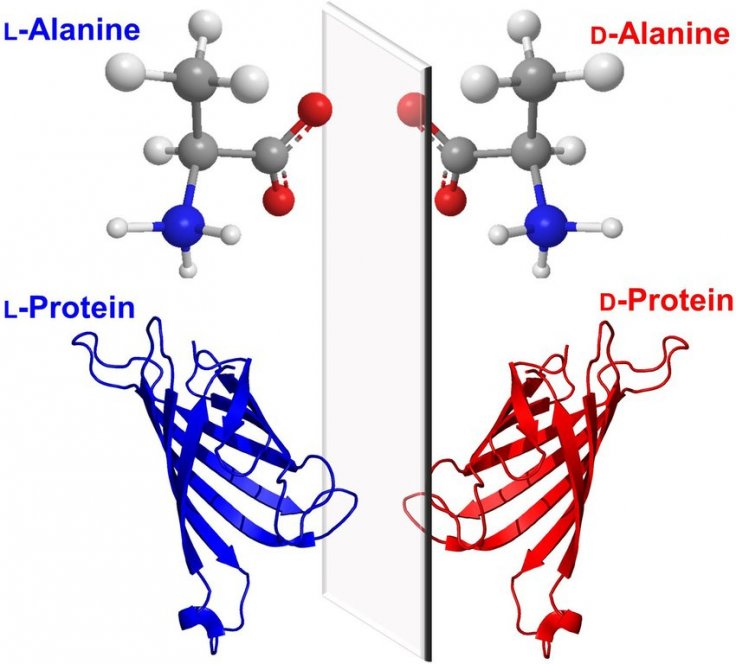A recent study has raised alarm about the potential dangers of "mirror bacteria," a synthetic lifeform made from reverse biological molecules. Published in Science, the research warns that these engineered organisms could bypass immune systems, spread uncontrollably, and harm humans, animals, and plants.

What Are Mirror Bacteria?
Mirror bacteria are not found in nature. They are created using biological molecules that are the opposite of natural ones. Life on Earth relies on "right-handed" DNA nucleotides and "left-handed" amino acids in proteins. Mirror bacteria, however, would use "left-handed" DNA and "right-handed" amino acids, flipping the structure of life as we know it.
Advances in synthetic biology have made such creations possible in the near future, sparking fears among researchers about their potential consequences.
Why Are They Dangerous?
One of the biggest threats posed by mirror bacteria is their ability to evade immune systems. Natural immune defenses recognize harmful organisms using chiral molecules. Since mirror bacteria have reversed structures, immune systems might fail to identify them as threats. This could leave humans, animals, and plants vulnerable to infections.
Moreover, mirror bacteria could resist natural predators such as viruses that usually attack bacteria. This resistance could enable them to survive and spread more easily in the environment. Additionally, they might also resist antibiotics, further complicating efforts to control their spread.
Environmental and Health Concerns
Scientists warn that mirror bacteria could become invasive species if introduced into ecosystems. They might infect plants, animals, and humans, leading to ecological and health disasters. Their rapid spread, resistance to natural defenses, and potential to cause severe infections make them a serious risk.
The creation of mirror bacteria could also trigger unpredictable environmental effects. For example, their unchecked growth could displace natural organisms, disrupt ecosystems, and harm biodiversity.
Call for Regulation
While mirror bacteria remain theoretical, experts believe they could become a reality within the next decade. Researchers are urging global discussions about the regulation of synthetic biology to prevent the creation of these dangerous organisms.
Scientists emphasize that preparing for this threat is critical. Without strict regulations and safeguards, the development of mirror bacteria could have catastrophic consequences for life on Earth.
A Future Risk We Must Address
The potential for mirror bacteria to evade immune systems, resist current treatments, and disrupt ecosystems makes them a unique and alarming threat. This study serves as a call to action for governments, scientists, and organizations to work together in addressing the risks posed by synthetic biology. The time to act is now—before these engineered lifeforms become an uncontrollable reality.
This groundbreaking warning highlights the need for ethical considerations and proactive measures to ensure the safety of our planet and its inhabitants.









